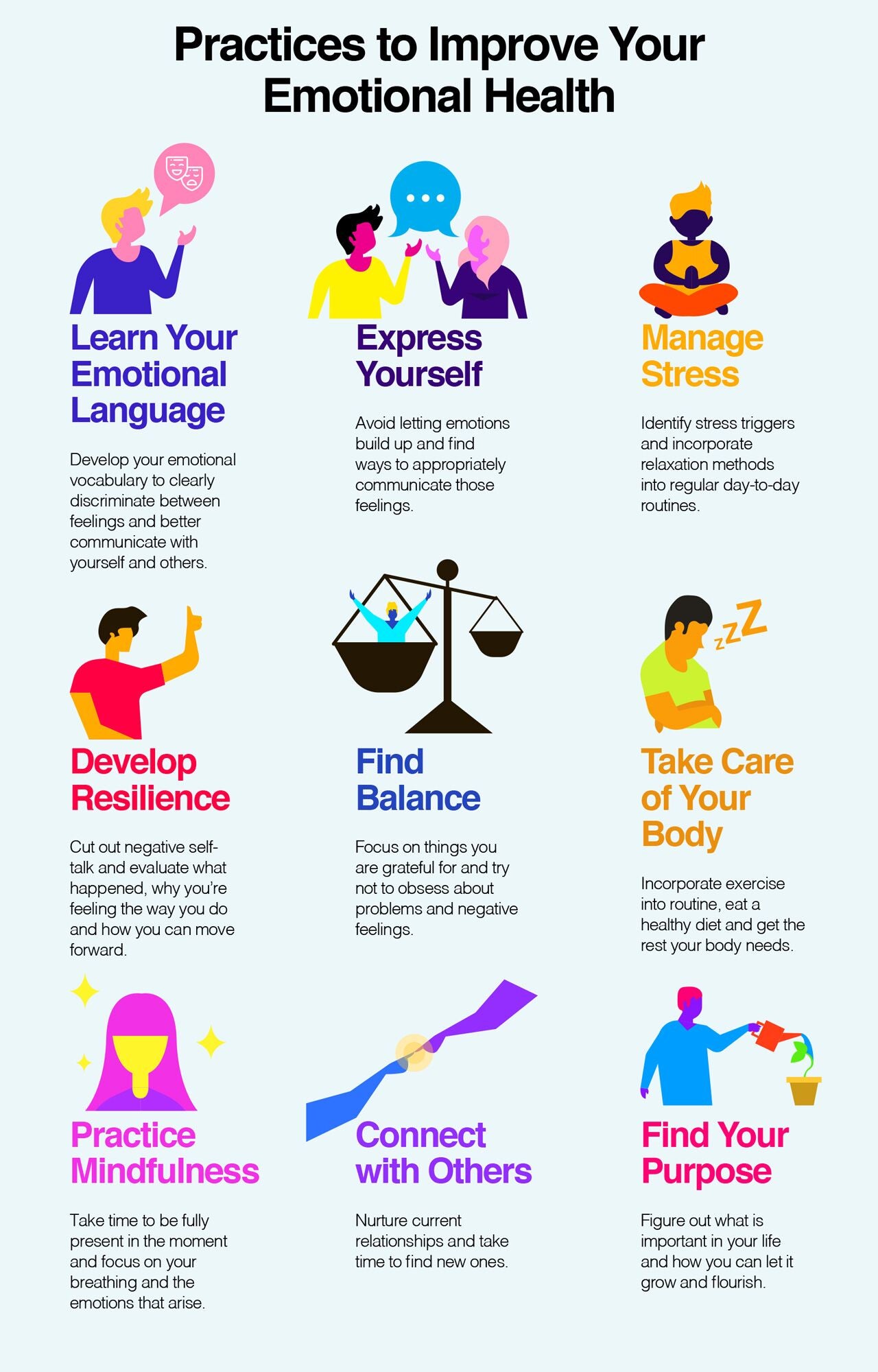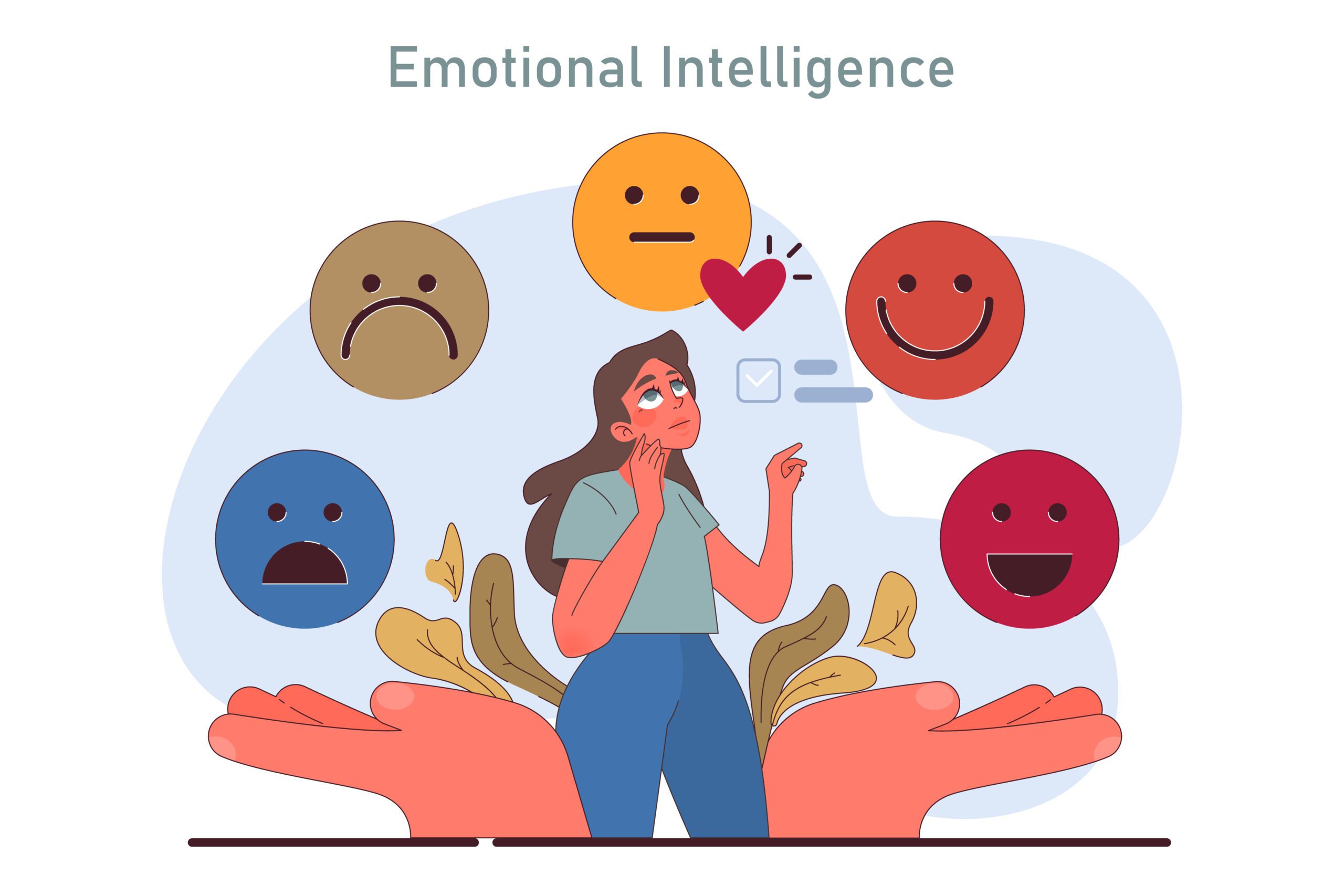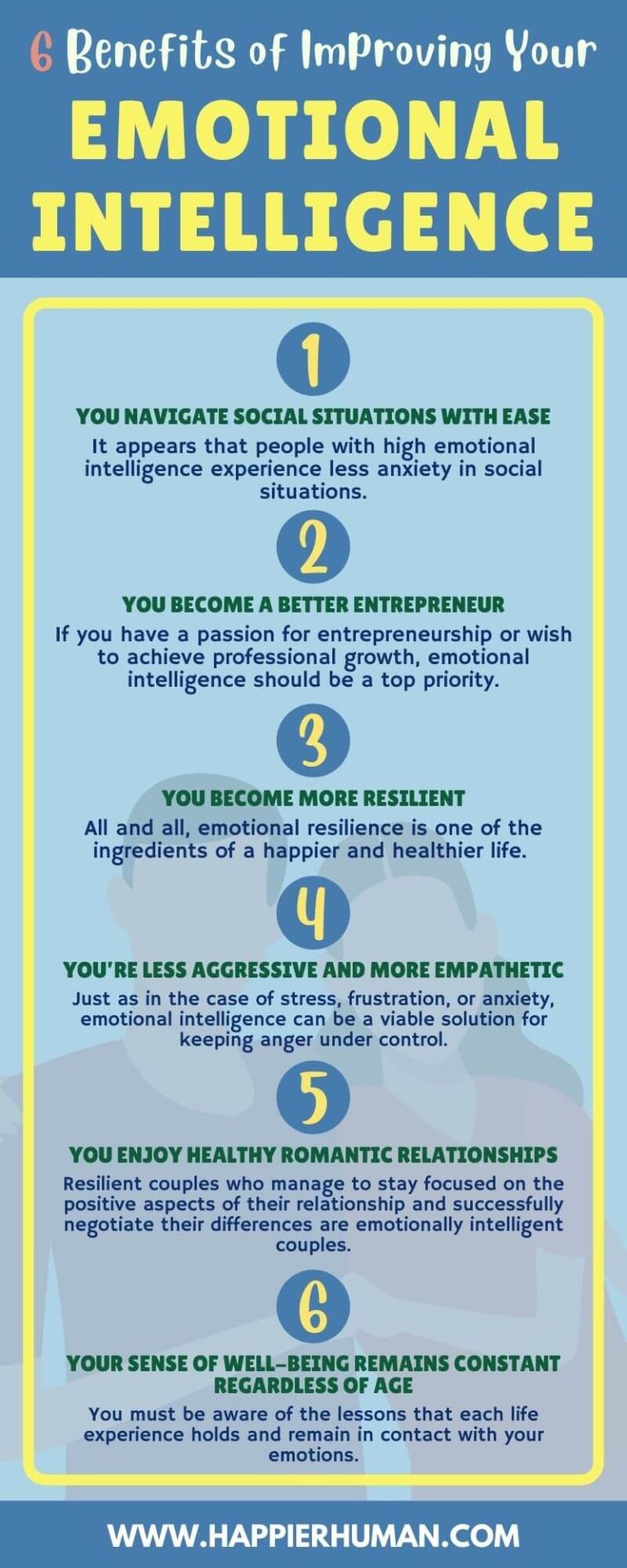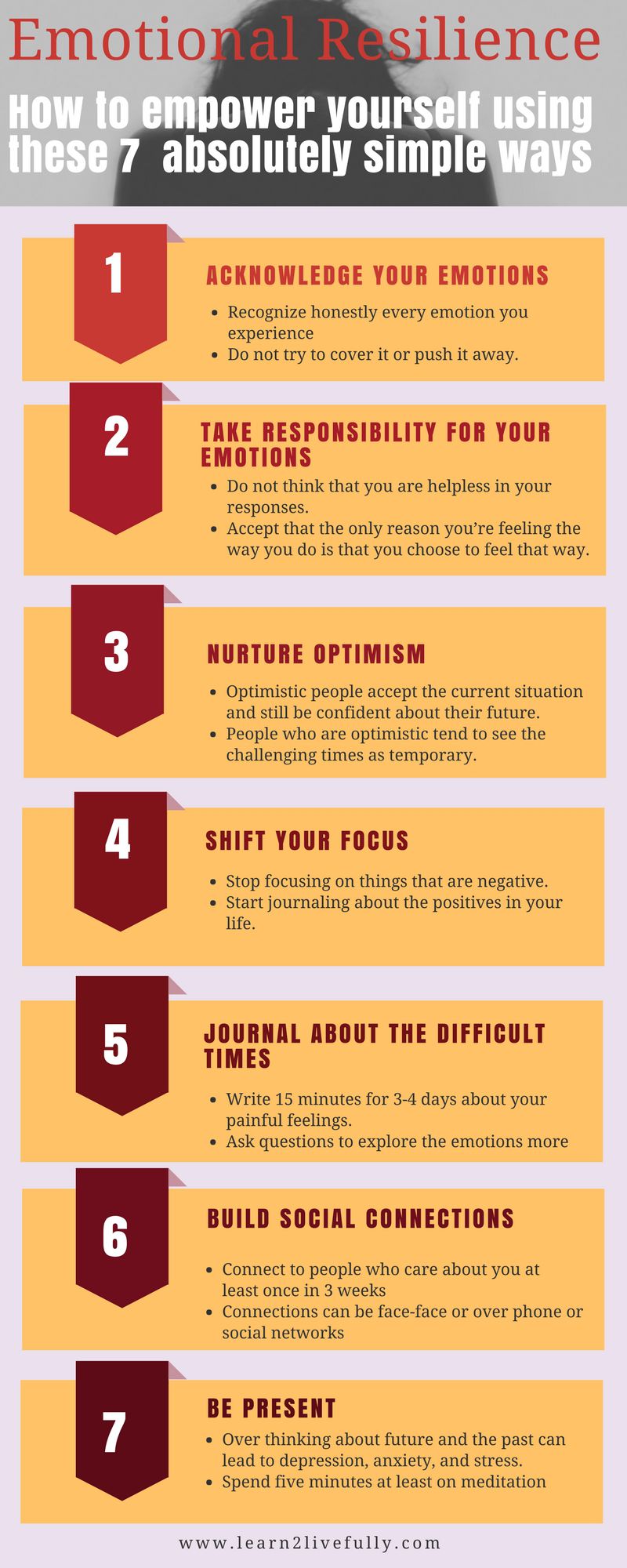How To Develop Yourself Emotionally
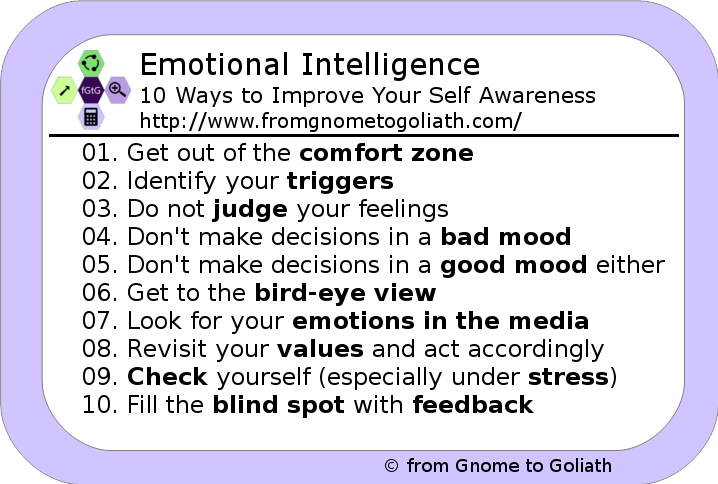
In an increasingly complex world, understanding and managing one's emotions has become paramount for personal well-being and success. Emotional intelligence, the ability to perceive, understand, manage, and use emotions, is no longer considered a soft skill but a crucial attribute for navigating relationships, careers, and personal challenges.
This article delves into actionable strategies for developing emotional intelligence, drawing on insights from psychology and organizational behavior. It provides a practical guide to enhance self-awareness, self-regulation, motivation, empathy, and social skills. Understanding and nurturing these aspects can lead to more fulfilling lives and stronger connections with others.
Understanding Your Emotions: The Foundation of Growth
The journey of emotional development begins with self-awareness. This involves recognizing and understanding your own emotions, their triggers, and their impact on your thoughts and behavior.
Techniques like mindfulness meditation, journaling, and seeking feedback from trusted individuals can help you gain deeper insights into your emotional patterns.
Mindfulness practices, as highlighted by researchers at the University of California, Berkeley's Greater Good Science Center, cultivate a non-judgmental awareness of present moment experiences, including emotions.
Mastering Self-Regulation: Managing Your Reactions
Once you are aware of your emotions, the next step is learning to regulate them effectively. This doesn't mean suppressing your feelings but rather managing them in a healthy and constructive manner.
Strategies include practicing deep breathing exercises, reframing negative thoughts, and taking time to process emotions before reacting.
Dr. Susan David, author of "Emotional Agility," emphasizes the importance of accepting emotions rather than avoiding them, and then choosing responses aligned with your values.
Cultivating Empathy: Connecting with Others
Empathy, the ability to understand and share the feelings of another, is a cornerstone of emotional intelligence. It involves actively listening, perspective-taking, and recognizing the emotions of others.
To enhance empathy, practice active listening by paying full attention to the speaker, asking clarifying questions, and summarizing their points to ensure understanding.
Volunteering, engaging in community service, and exposing yourself to diverse perspectives can also broaden your understanding of others' experiences.
Boosting Social Skills: Building Strong Relationships
Effective social skills are essential for building and maintaining healthy relationships. This involves clear communication, conflict resolution, and collaboration.
Assertiveness training can help you express your needs and opinions respectfully, while conflict resolution skills enable you to navigate disagreements constructively. Role-playing scenarios and seeking feedback from trusted colleagues or friends can enhance your social skills.
The Center for Creative Leadership emphasizes the importance of building trust and rapport in professional settings for effective teamwork and leadership.
Maintaining Motivation: Fueling Your Drive
Emotional intelligence plays a significant role in maintaining motivation and achieving goals. Understanding your values and aligning your actions with them can fuel your intrinsic motivation.
Setting realistic goals, breaking them down into smaller steps, and celebrating your achievements can help you stay motivated along the way.
Research from Stanford University highlights the power of a growth mindset, believing that your abilities can be developed through dedication and hard work, as a key factor in sustained motivation.
Continuous Growth: A Lifelong Journey
Developing emotional intelligence is an ongoing process. It requires continuous self-reflection, practice, and a willingness to learn from experiences.
Seek out opportunities for personal and professional development, such as workshops, courses, or coaching, to further enhance your emotional skills.
By investing in your emotional growth, you can unlock your full potential and build a more fulfilling and meaningful life.
By focusing on self-awareness, self-regulation, empathy, social skills, and motivation, individuals can significantly enhance their emotional intelligence. This journey of self-improvement not only benefits personal well-being but also contributes to stronger relationships, improved communication, and greater success in various aspects of life.
Ultimately, developing emotional intelligence is an investment in oneself and in the well-being of the community.

